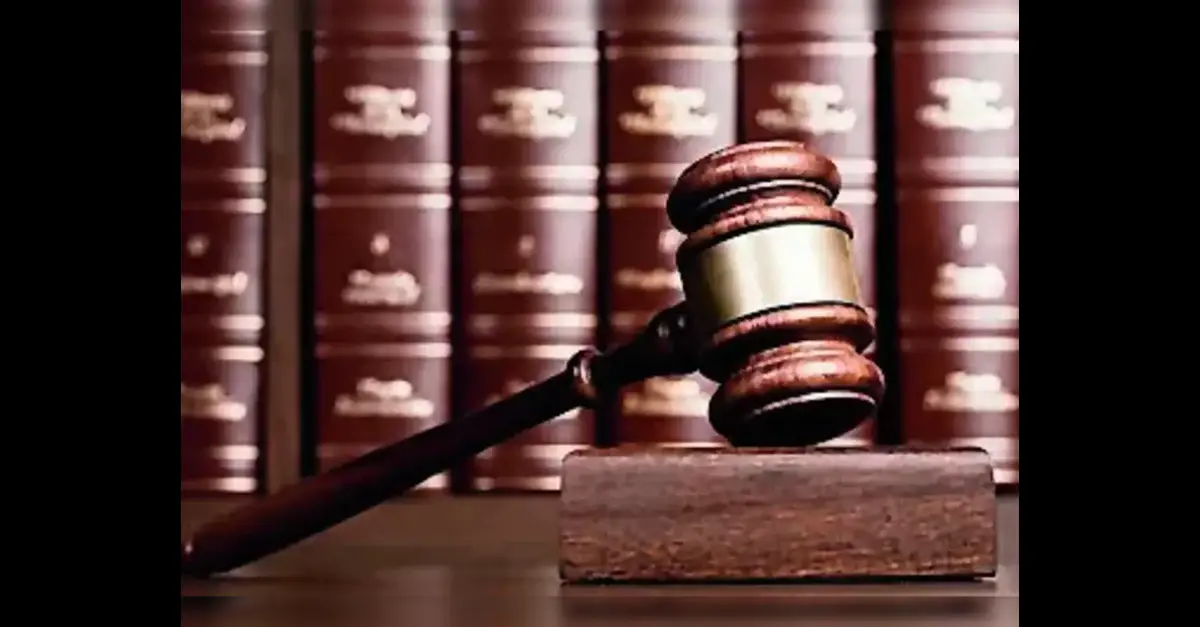Introduction
The Supreme Court of India has expressed grave concerns regarding the summoning of lawyers by police and investigative agencies for questioning merely because they are representing or advising clients. In a recent direction, the apex court cautioned that such practices jeopardize the independence of the legal profession and directly affect the administration of justice.
Background
The problem began when a lawyer from Gujarat petitioned against an order of the High Court refusing to cancel a police notice given to him. The lawyer had represented a client who was in a loan-related dispute and had submitted a bail application on his client’s behalf, which was approved. The police, however, issued a notice to summon the advocate in relation to the case.
This case points to an increasing trend: lawyers are being summoned for interrogation in cases where their sole function is to offer legal counsel to their clients. The issue becomes critical in light of the recent furore over the Enforcement Directorate (ED) serving summons to senior lawyers, which caused a storm in the legal fraternity.
Key Points
Legal Autonomy at Risk:
The Supreme Court bench, which included Justices K.V. Viswanathan and N. Kotiswar Singh, held that granting permission to the police to summon defence lawyers compromises the autonomy of the legal profession.
Questions Raised by Court:
Can the police or investigation agencies directly summon lawyers advising clients?
If a lawyer’s role is said to extend beyond advisement, should the judiciary be required to give permission before issuing the summons?
Effect on Legal Responsibilities:
The court underlined that exposing advocates to summons from the police would inhibit them from carrying out their responsibilities intelligently and without fear.
Essential Rights and Legal Privilege:
The bench highlighted that advocates have rights under Article 19(1)(g) of the Constitution and are also safeguarded by statutory privileges.
Summons Stalled:
The court suspended the police notice against the Gujarat lawyer and directed the state not to summon him till further orders.
Recent Trends
The ED recently directed its officials not to issue summons to lawyers in money laundering cases against their clients unless cleared by the agency director.
The action followed vociferous protest against ED’s summons to senior lawyers Arvind Datar and Pratap Venugopal.
The Supreme Court Bar Association and Supreme Court Advocates-on-Record Association decried the trend as adverse to the legal profession.
The Supreme Court has now taken the help of the Attorney General, Solicitor General, Bar Council of India, and heads of legal associations, and referred the matter to the Chief Justice for suitable directions.
Conclusion
The intervention of the Supreme Court is important as a reminder of the autonomy and sanctity of the legal profession in India. In its concern about direct summoning of lawyers, the court is reiterating the importance of safeguarding the lawyer-client relationship and the delivery system of justice. The issue is now being considered by the judiciary, with possible countrywide ramifications for legal practice and investigative techniques.
“PRIME LEGAL is a full-service law firm that has won a National Award and has more than 20 years of experience in an array of sectors and practice areas. Prime legal falls into the category of best law firm, best lawyer, best family lawyer, best divorce lawyer, best divorce law firm, best criminal lawyer, best criminal law firm, best consumer lawyer, best civil lawyer.”
WRITTEN BY AYUSHI TRIVEDI


